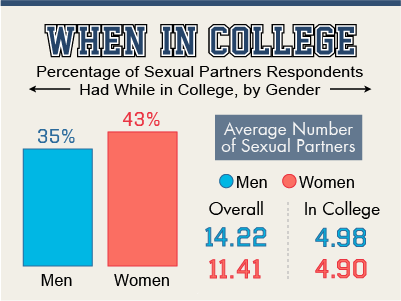
WEIGHT: 60 kg
Bust: 36
One HOUR:50$
NIGHT: +30$
Services: Trampling, Slave, Striptease, Photo / Video rec, Role Play & Fantasy
Log in Register. Searchable Program. Full Program. Search Sessions. Search Abstracts. Search Participants. Sex in the Middle East and North Africa. Panel Description. This panel explores sex in the Middle East and North Africa. It examines the complexities surrounding normative, non-normative, and illicit sexual behaviors and relationships, including non-heterosexual women and men, individuals whose bodies and lives reject binary gender categories, people who have premarital and extramarital relationships, and those who engage in remunerative or transactional sex.
With papers based on original ethnographic research conducted throughout the region, including Jordan, Morocco, Syria, and Tunisia this panel highlights national differences and similarities. Panelists will discuss social attitudes toward ideal and proscribed sexual behaviors, assumptions about and challenges to normative gender roles, beliefs about families, cosmologies about the relationship between sexuality and an individual's relationship with God, and expectations about the role of government, security forces, religious experts, and medical authorities in individuals' sexual lives.

Studying sex in the Middle East and North Africa focuses our attention on social hierarchies and imaginations of bodies, physiological processes, and morality. The study of sex thus offers a unique vantage point for studying not only cultural attitudes towards religion, the state, and the body but also the structures through which religion, science, and the state compete for authority over individuals' intimate lives.
Yet, with its focus on the pleasurable and affective dimensions of sex, this panel promises to move beyond the narrow lens in which sex primarily discussed in the context of religious norms and public health challenges.

The panel examines the complexities surrounding normative, non-normative, and illicit sexual behaviors and relationships, demonstrating that bright lines do not divide normative and non-normative behaviors. In doing so, panelists will challenge preconceived notions of sex in the region while still exploring the challenges that people experience when their behaviors, relationships, or identities conflict with social and religious norms, customs, and traditions.



































